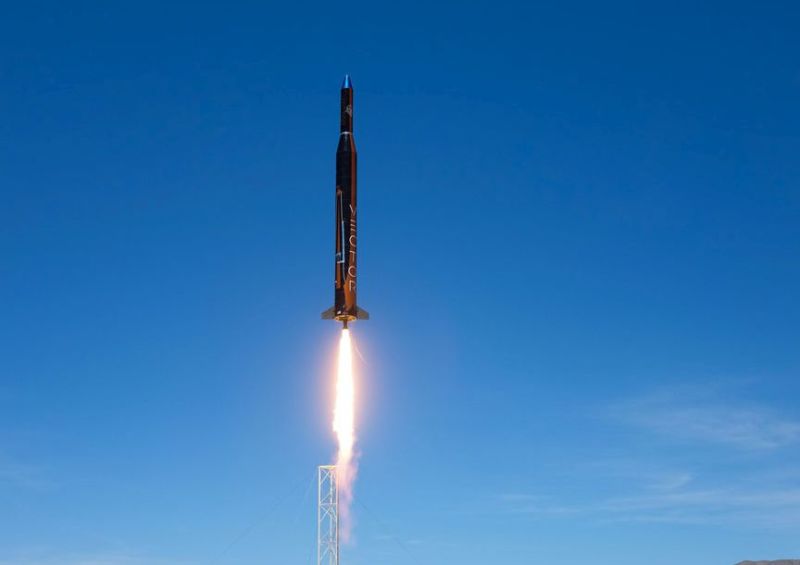https://arstechnica.com/?p=1381989

Vector
For a long time Rocket Propellant-1, or RP-1, reigned supreme as the fuel of choice for the first stage of rockets. This highly refined form of kerosene, which was derived from jet fuel, powered the Saturn, Delta, Atlas, Soyuz rockets throughout the 20th century. It even served as fuel for modern rockets like the Falcon 9.
RP-1 has the benefit of being dense, which means a lot of fuel can be packed into a relatively small tank. However, RP-1 isn’t the most effective fuel at creating thrust, a measurement known as specific impulse. Liquid hydrogen, by contrast, has a really high specific impulse. But because it is not at all dense, it can’t efficiently be used as a first stage fuel.
This is one reason why a number of major new rocket engines developed during the last decade, including SpaceX’s Raptor and Blue Origin’s BE-4 engines, have been designed to use methane as a fuel. It represents a compromise between RP-1 and hydrogen—not quite as dense as the former, and with not quite as high a specific impulse as the latter. Methane is also useful if you want to go to Mars, because it is relatively abundant in the red planet’s thin atmosphere and could be used to refuel an ascent vehicle.
However a long-time rocket scientist named John Garvey believes there is another viable fuel for rockets, propylene, and he has been working with it for more than a decade. After Garvey co-founded Vector in late 2015 along with Jim Cantrell and Eric Besnard, he got a chance to put his propylene fuel into action for a real orbital rocket.
And now, he says, propylene has proven itself. Vector has received a patent for its liquid oxygen-propylene rocket engine and is nearing the first flight of its orbital Vector-R rocket, which is powered by three of these engines.
Scaling up
In an interview, Garvey said the company has succeeded in scaling up from experimental engines to the LP-1 engines in the Vector-R rocket, each of which produces about 6,000 pounds of thrust. “The biggest challenge has been optimizing the startup mode,” he said. Essentially, Garvey and the other engineers have had to do a lot of tinkering to ensure that, during the final seconds of countdown, the igniter works properly, and the engine quickly reaches full thrust without damaging the engine itself.
For a small rocket like the Vector-R, designed to deliver payloads of 26kg or less to low-Earth orbit for under $3 million, a fuel like propylene is essential, Garvey said. It is almost as dense as methane, but has a higher performance. This means that the Vector-R can keep its first stage diameter to just over a meter in size, with smaller fuel tanks. The propylene fuel also allows the engine design avoid the use of turbopumps, which are used to increase the fuel pressure in most rocket engines.
With no turbopumps, the engine design can be simpler, and the designers don’t have to worry about bubbles, or cavitation, in the propellant. “For us, every little bit of extra performance we can get matters,” Garvey said.
The company is still working toward a maiden launch of its Vector-R rocket this year, from a launch site in Alaska. Every day, Garvey said, engineers at Vector are evaluating risk and performance. How hard should they push the Vector-R on its first flight? How much risk should they accept that something could go wrong?
“We’re getting there,” he said. “Part of the trade we’re evaluating all of the time is the risk. Now that we’re getting into bigger vehicles, we’re still pretty risk aggressive, but we’re not like in the old days.”
via Ars Technica https://arstechnica.com
September 25, 2018 at 08:23AM
